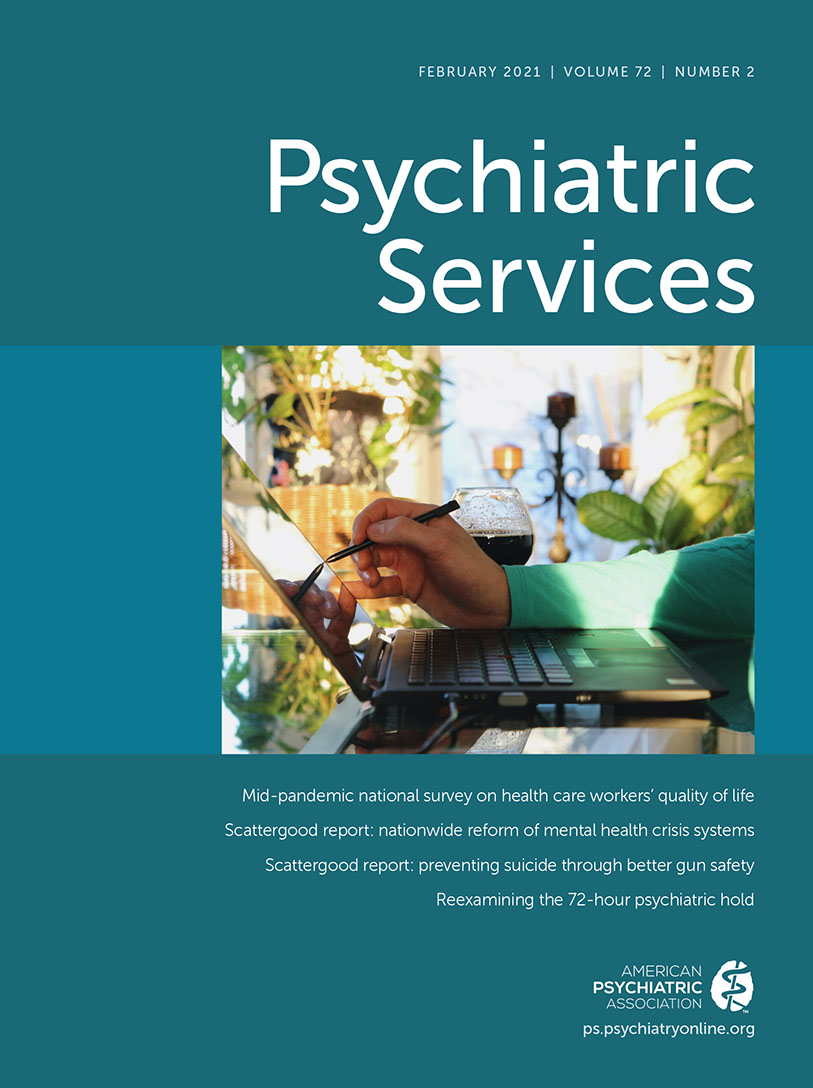Help and Hindrances to Completion of Psychiatric Advance Directives
Abstract
Psychiatric advance directives (PADs) allow service users to participate in their own mental health care in the event that they have a future mental health crisis and are deemed incompetent to make decisions, but few patients complete these documents. This Open Forum reports on factors that have helped or hindered completion of PADs in New Zealand. Perceived barriers to completion include resource limitations, procedural issues, access and storage problems, and mistrust between clinicians and service users regarding implementation. Having management and nursing “champions” of the process and organizing outreach meetings for all interested parties appear to aid completion. Targeted education and training promote creation and use of PADs, address negative attitudes, and assist service users in creating these documents. Information technology support is vital to having PADs uploaded and accessed in medical records.



